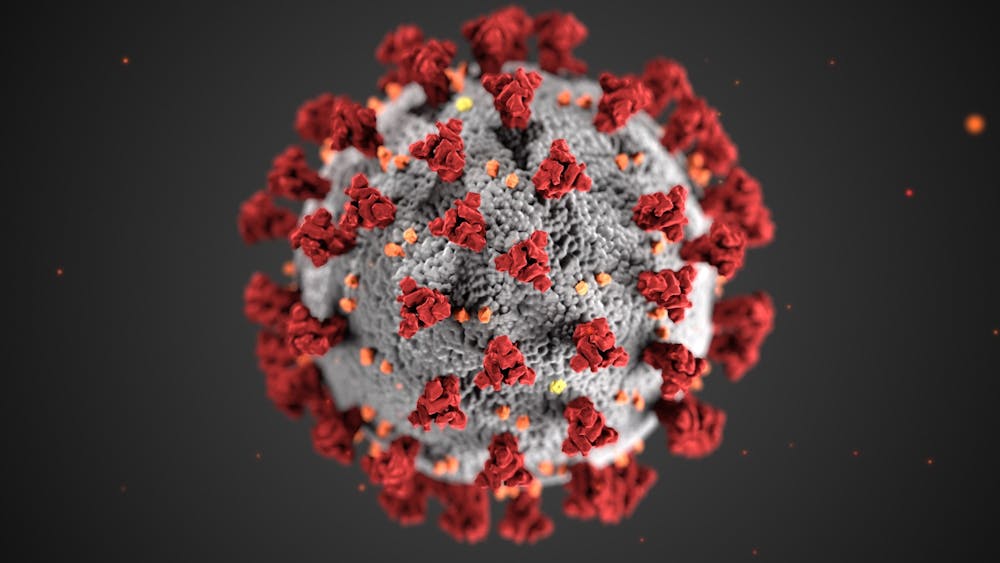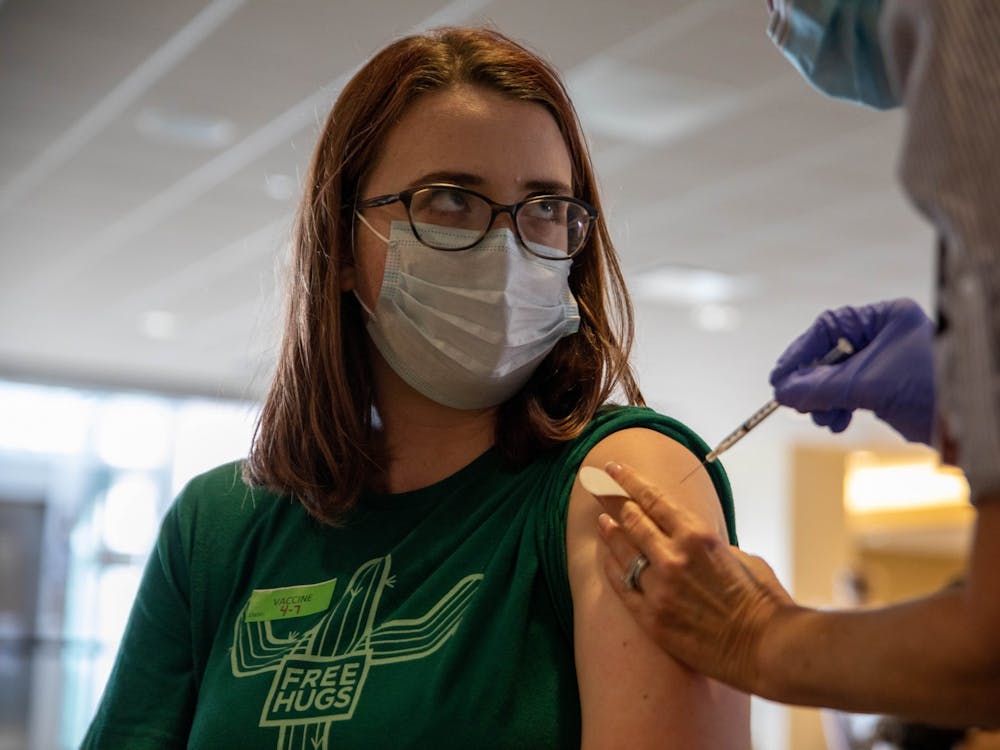The executive order Indiana Gov. Eric Holcomb signed into law declaring COVID-19 a public health emergency in March 2020 is set to expire Saturday.
Holcomb signed House Enrolled Act 1001 into law Thursday, which includes the provisions he said in November would be needed to immediately end the order. Those provisions include enabling citizens to still receive health care and food assistance from the federal government and voluntary administration of the COVID-19 vaccine to children ages 5 to 11.
As of Wednesday, Indiana has seen 1,683,176 positive COVID-19 cases since Feb. 26, 2020, and 22,071 total deaths since March 16, 2020, according to the Indiana Department of Health.
The expiration comes after the Centers for Disease Control and Prevention (CDC) relaxed its mask mandate for nearly 70 percent of the country Feb. 25. Ball State announced Wednesday its mask mandate would end at 5 p.m. March 4.
According to the CDC, as of March 3, Delaware County has a medium community level, meaning masks are only recommended for those who are immunocompromised or have been in contact with somebody who has COVID-19.





